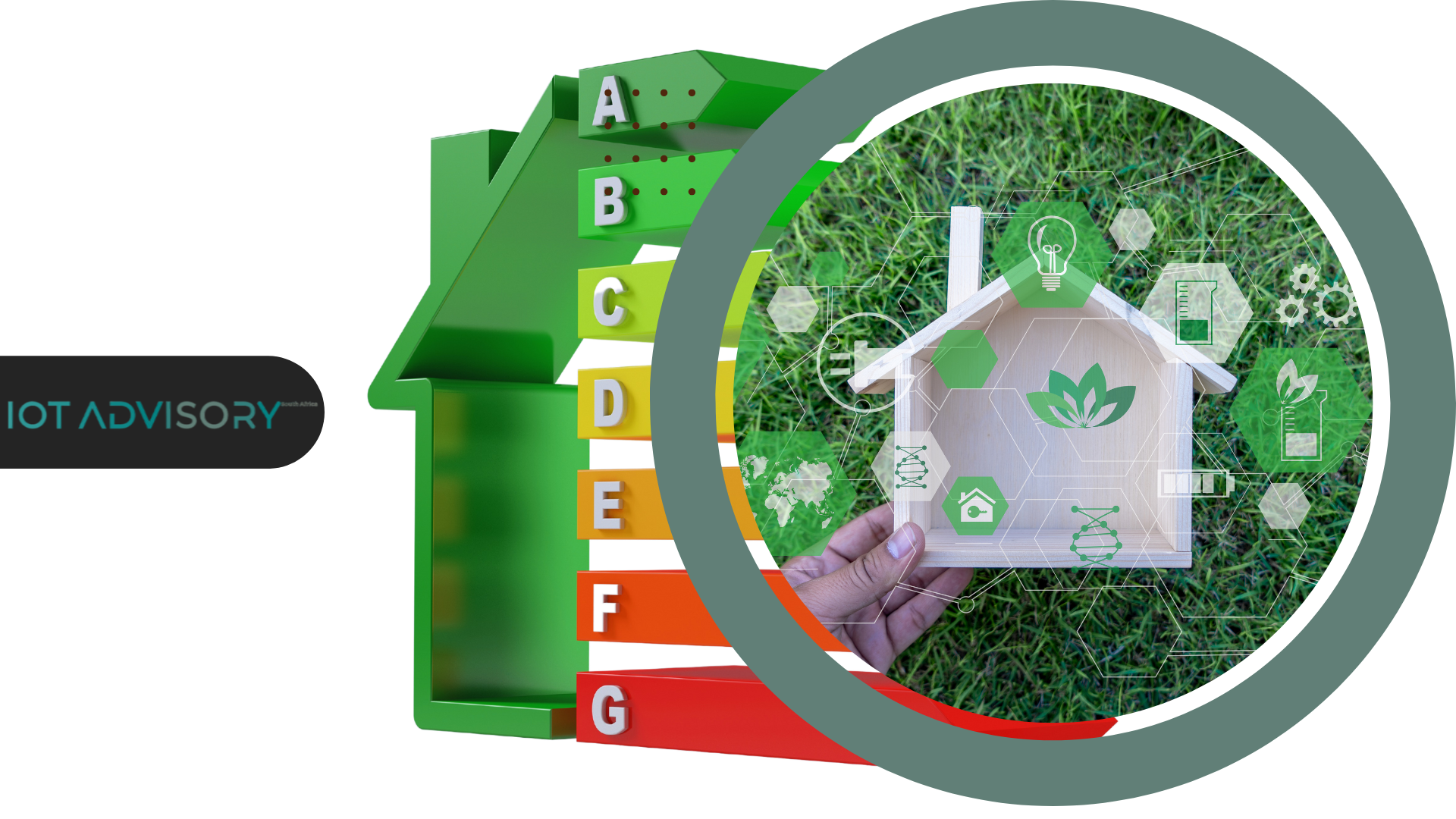At the time of proposing the carbon tax legislation in 2010, energy related emissions were considered the foremost culprit of carbon emissions in South Africa. Government introduced carbon taxes in conjunction with environmental-related tax incentives to encourage companies to adopt low-carbon technologies.
Section 12L of the Income Tax Act, No. 58 of 1962, read with the Regulations, provides a tax deduction from taxable income for taxpayers (“energy efficiency incentive”) based on their quantified energy efficiency savings reflected in their energy efficiency certificate. As is required of qualifying deductions, the energy efficiency savings should result from the carrying on of any trade and in the production of income. In accordance with Section 12L, taxpayers are entitled to a tax deduction of 95c per kilowatt hour of energy efficiency savings they achieved during the year of assessment. The energy efficiency incentive can be claimed for any form of energy savings (i.e. electricity, coal, natural gas, diesel, petrol, heavy fuel oil, etc.). It is claimable for both greenfields and brownfields projects. In addition to awareness and competency training, behaviour change (according to SANS 50010), cogeneration projects are included in the section 12L tax deduction. The energy efficiency incentive cannot be claimed for verified energy efficiency savings from the following activities:- • Energy generated from renewable energy sources excluding energy generated from co-generation (combined heat and power);
- • where energy is generated through a captive power plant with an energy conversion efficiency lower than 35%; or
- • where a concurrent benefit is obtained.


